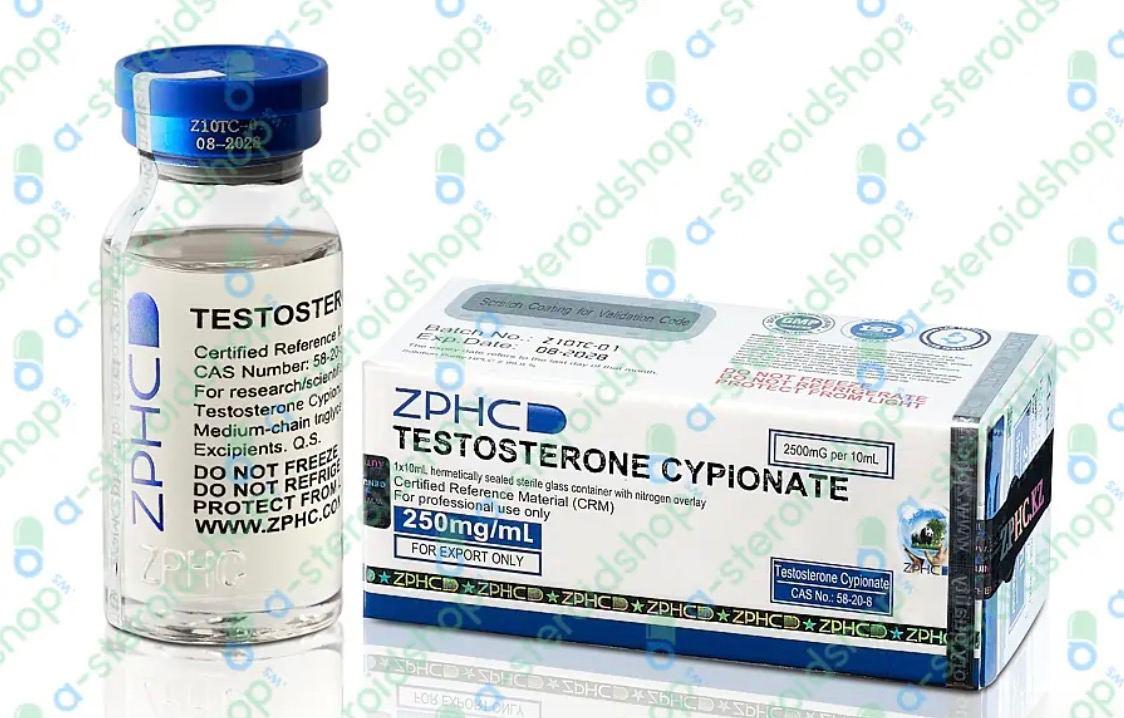Building muscle and achieving fitness goals isn’t just about lifting weights; it’s about how well your body recovers and synthesizes protein after those intense sessions. Understanding how these processes work and how you can naturally improve them is essential for faster gains and better performance. The good news? You can influence both protein synthesis and muscle recovery with the right approach, making your fitness journey more effective.
What is Protein Synthesis and Why is it Important?
Protein synthesis is the body’s way of repairing and rebuilding muscle tissue after it has been damaged during exercise. Every time you work out, you create tiny tears in your muscle fibers. It’s this very process that signals your body to start repairing and strengthening those fibers, making them larger and more resilient over time.
To put it simply, protein synthesis is like a construction team. Your muscles get broken down (damaged) during workouts, and amino acids (the building blocks of protein) are the materials your body uses to rebuild them. Without enough protein synthesis, muscle growth stalls, and recovery takes longer.
But how can you ensure that your body maximizes protein synthesis after each workout? Here are some key factors that come into play:
Factors That Boost Protein Synthesis
1. Adequate Protein Intake
The first and most obvious factor is your protein intake. To boost muscle repair and growth, you need to provide your body with enough protein. Ideally, after a workout, you should consume 20-30 grams of protein within 30 minutes to an hour. This can come from a high-protein meal or a protein shake. Lean meats, eggs, dairy, and plant-based sources like tofu and lentils are excellent choices.
2. Balanced Macronutrients
Carbohydrates play a key role in recovery too. Post-workout, carbs help replenish glycogen stores in your muscles, giving them the energy to recover. A balanced post-workout meal should include a good amount of protein along with moderate amounts of carbohydrates and healthy fats.
3. Sleep
Quality sleep is essential. During deep sleep, your body goes into full recovery mode, producing growth hormones that aid in protein synthesis. Aim for 7-9 hours of sleep every night to let your body fully repair and grow stronger.
4. Timing Your Nutrition
The timing of your meals can influence how well your body repairs itself. Consuming protein immediately after your workout is crucial. If you skip this window, you could miss out on maximizing your gains. But don’t forget about your other meals; eating protein regularly throughout the day ensures continuous muscle repair.
Why Muscle Recovery is Vital for Growth
Muscle recovery is just as important as the workout itself. Without proper recovery, your muscles remain inflamed, and over time, this can lead to fatigue, injury, or even burnout. Let’s look at how recovery supports muscle growth:
When you lift weights or engage in strenuous activity, your muscles undergo microscopic tears. It’s during the recovery period, not during exercise, that your muscles grow stronger and bigger. Without adequate recovery, those muscles remain damaged and can’t fully rebuild. This means you’re missing out on the muscle-building benefits of your hard work.
But how do you ensure your recovery is up to par?
Simple Strategies to Enhance Muscle Recovery
1. Rest Days
Rest is not a weakness, it’s a necessity. Your muscles need time to repair. If you’re hitting the gym every day without rest, you’re preventing your muscles from healing and growing. Scheduling at least one or two rest days per week is essential.
2. Active Recovery
This doesn’t mean you have to sit on the couch all day. Light activities like walking, swimming, or yoga can help increase blood flow to your muscles, speeding up recovery without causing further strain.
3. Hydration
Water is vital for muscle function. Dehydration can slow down recovery, lead to cramps, and reduce overall performance. Make sure you’re drinking enough water, especially after workouts, to keep your muscles hydrated and functioning at their best.
4. Supplements
Some supplements may help with recovery, including BCAAs (branched-chain amino acids) and creatine. BCAAs help reduce muscle soreness and support protein synthesis, while creatine can enhance performance and speed up recovery. Always consult with a health professional before adding supplements to your routine.
For more effective options to aid recovery, visit A-Steroid.Shop now steroids for sale to find additional solutions to support your muscle growth journey.
Maximizing Gains Through Protein Synthesis and Recovery
Now that we’ve covered the basics of protein synthesis and recovery, how can you ensure you’re doing everything right to maximize your results? It comes down to consistency and smart planning.
- Prioritize Post-Workout Nutrition: Make sure you’re refueling your muscles with the right balance of protein and carbohydrates.
- Get Enough Sleep: Don’t neglect your rest, as it’s a crucial part of the recovery process.
- Listen to Your Body: If you’re feeling worn down or overly sore, take that as a sign to back off and let your body heal. Overtraining is a real risk and can halt your progress.
If you stay consistent with your workout routine, follow a solid nutrition plan, and give your body the recovery it needs, you’ll be well on your way to achieving your muscle-building goals. It’s a combination of the small details—like what you eat after a workout and how much sleep you get—that add up to big gains over time.
Conclusion
Muscle growth isn’t just about putting in the hours at the gym. It’s a fine-tuned balance of breaking down muscles through exercise and allowing them to rebuild stronger through protein synthesis and proper recovery. By understanding how these processes work and making small adjustments to your routine, you can significantly enhance your results.
So remember: feed your body the nutrients it needs, allow it to recover properly, and don’t underestimate the power of rest. The faster your body recovers, the faster you’ll see the gains you’re after.

